Consoling: Uncharted, Tomb Raider, and The Last of Us
2020-06-23For the last few weeks I’ve been catching up on some relatively ancient and incomplete console games from the pile: Uncharted 3, Rise of the Tomb Raider, and The Last of Us. The latter two I’d got started in but never finished, while UC3 was a fresh start.
Uncharted 3: Drake’s Deception
Uncharted 3 continues the tradition started in the first two games: high-adrenaline on-rails escapist entertainment, and likely the closest we’ll come to an Indiana Jones game.
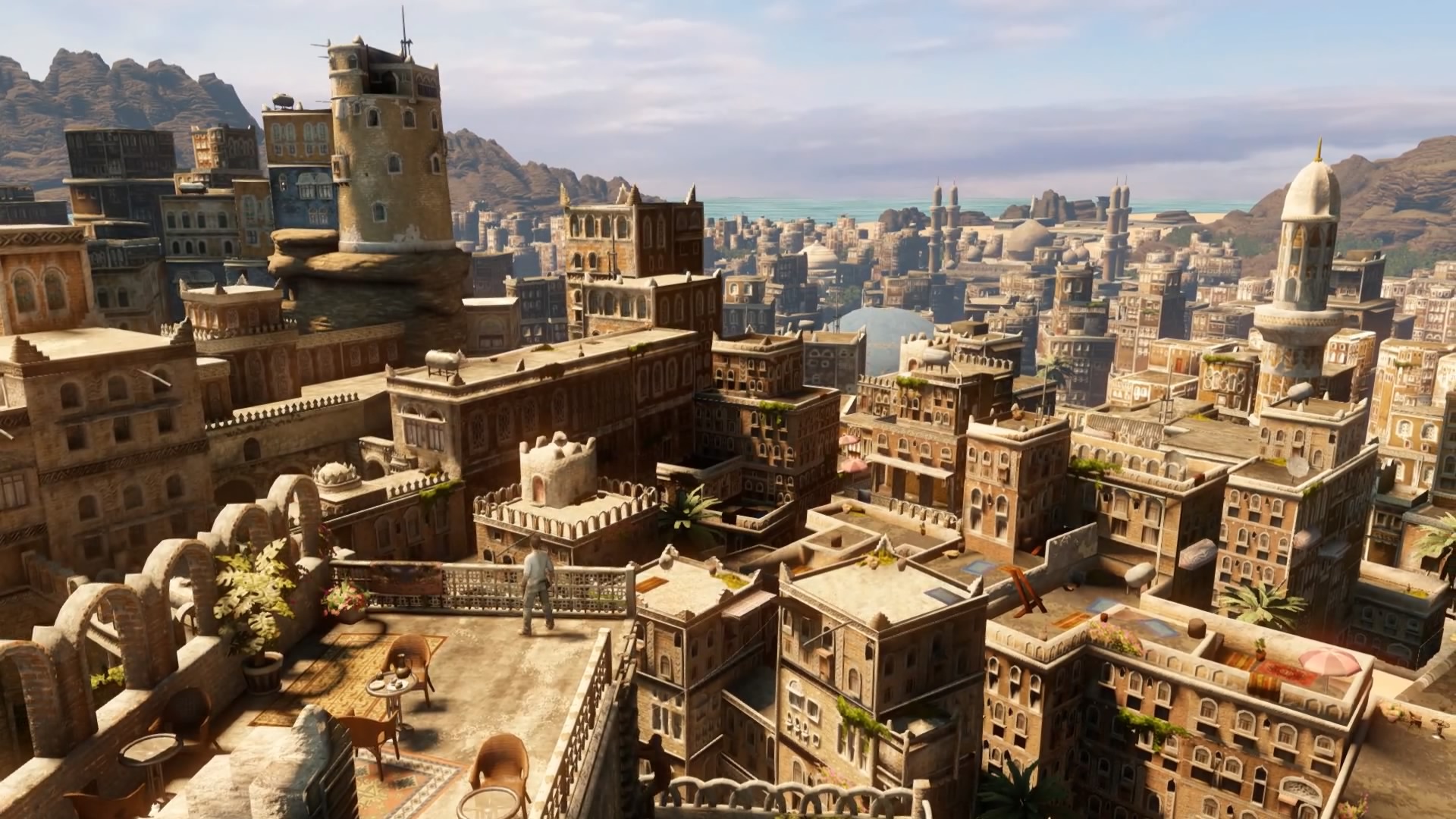
This chapter takes things slightly deeper by putting you in the sandshoes of the young Nathan Drake, a boy starting out on the path of treasure hunting and adventure seeking. We find out how he meets and bonds with his long-time mentor Victor ‘Sully’ Sullivan via early adventures in relic thievery and (predictably) shooting guns at people.
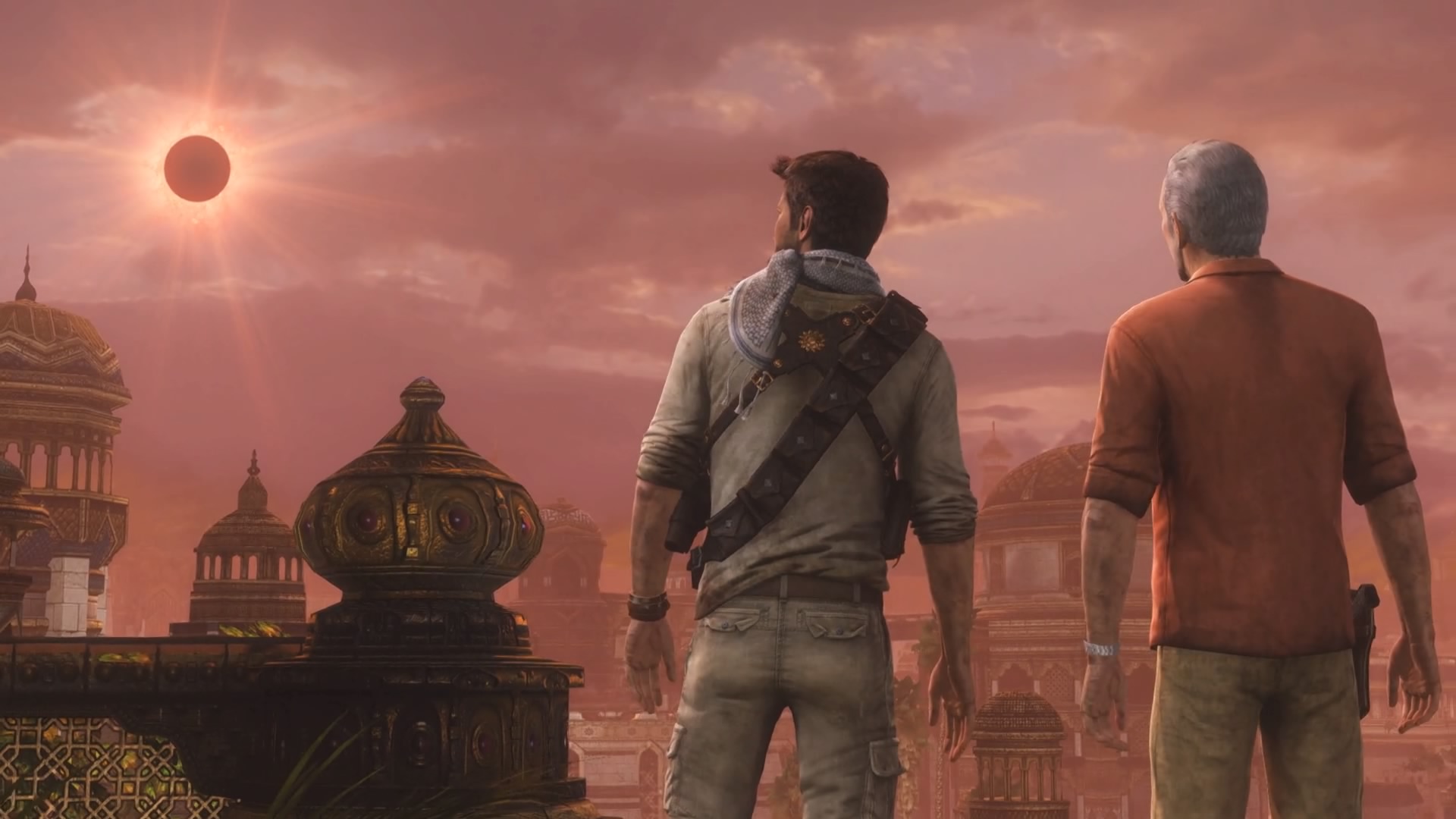
As with the other games in the series, the amount of people you kill on your journey seeking one of Francis Drake’s supernatural discoveries is ludicrous, but it’s also very cartoony and becomes background noise before too long. It rarely feels like a fight is simply there to extend the game, in contrast to Tomb Raider.
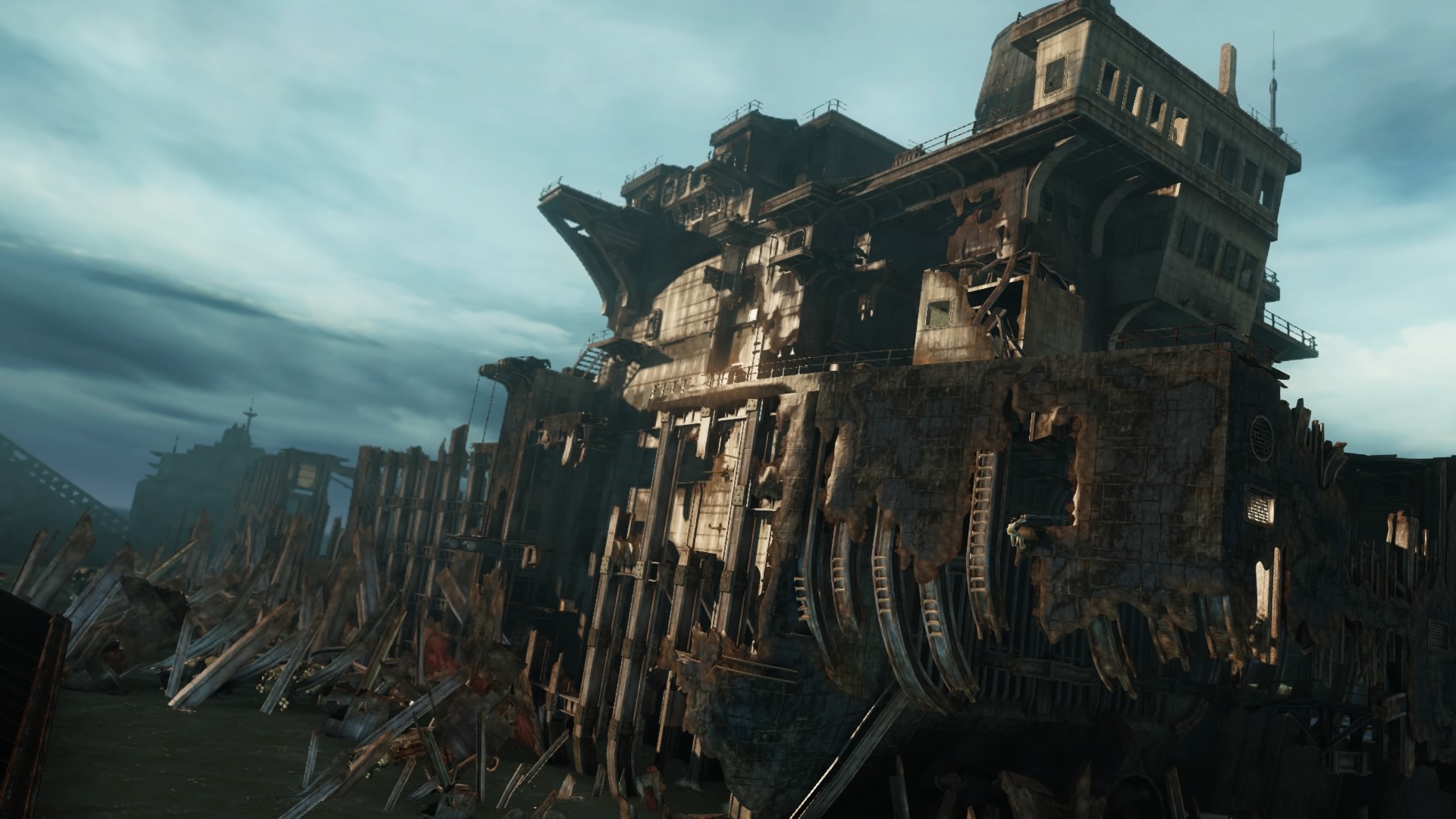
There are a lot of great set pieces, from a ridiculous parachute-free skydive off a crashing aeroplane to a high speed chase on horseback - this game’s version of the great train sequence from Chapter 2. The horse animation is very funny compared to the majesty of RDR - they kind of skate over the sand.
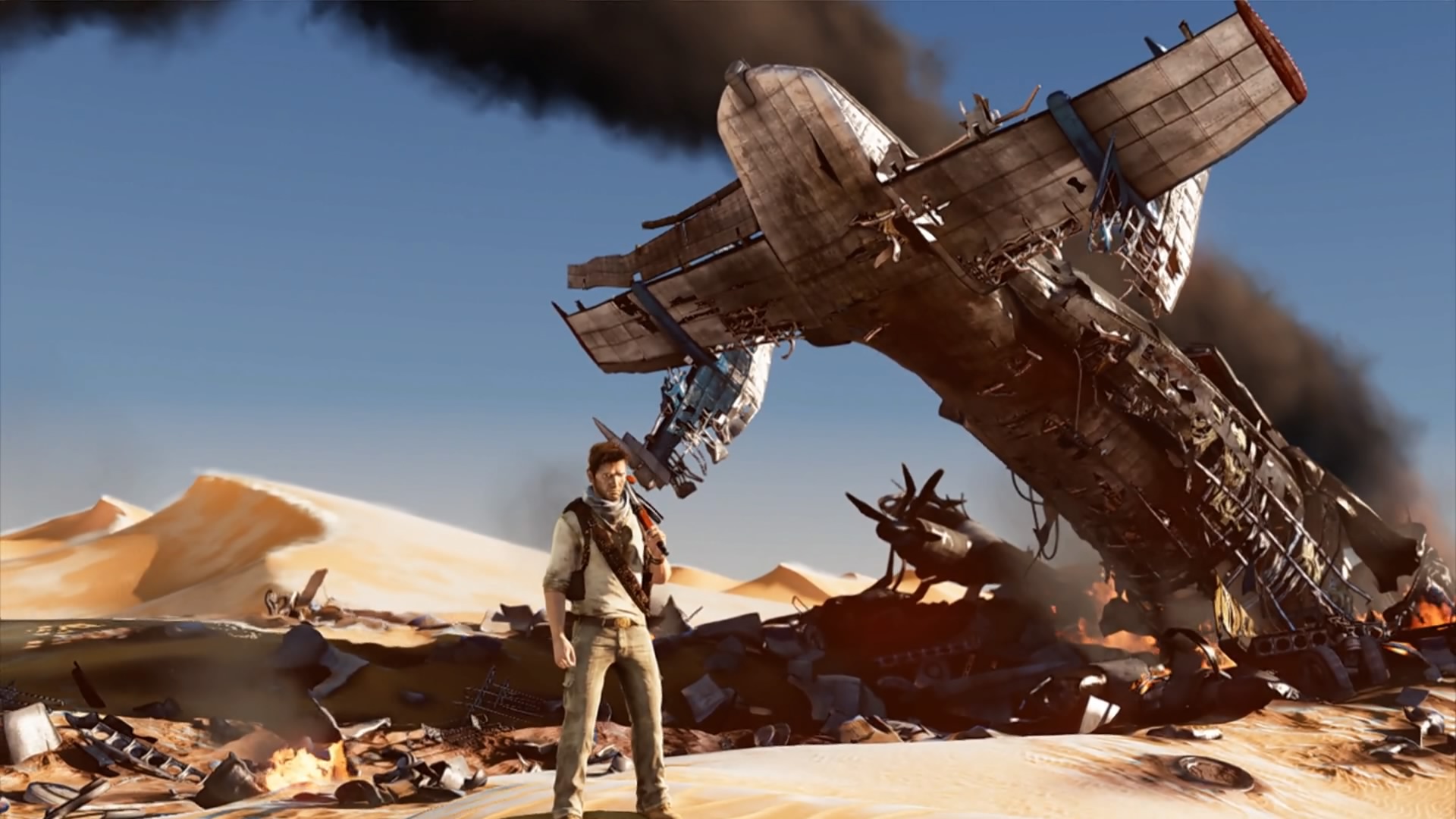
There’s a moment in the game where I thought that the developers had made a brave character choice, before finding it quickly walked back, which was disappointing. But then I remembered what kind of game this is and forgave it: just have fun and don’t worry about the plot or emotional weight. Perhaps the fourth chapter will deliver on that front - it’s titled A Thief’s End which sound somewhat ominous, though it probably means he just chooses the straight and narrow, right?

Rise of the Tomb Raider
Way back in 2013, I purchased an Xbox One at launch solely to be able to play Tomb Raider, having enjoyed the last edition and Rise being a platform exclusive for a while. Of course I then didn’t play it until the exclusive window was over!
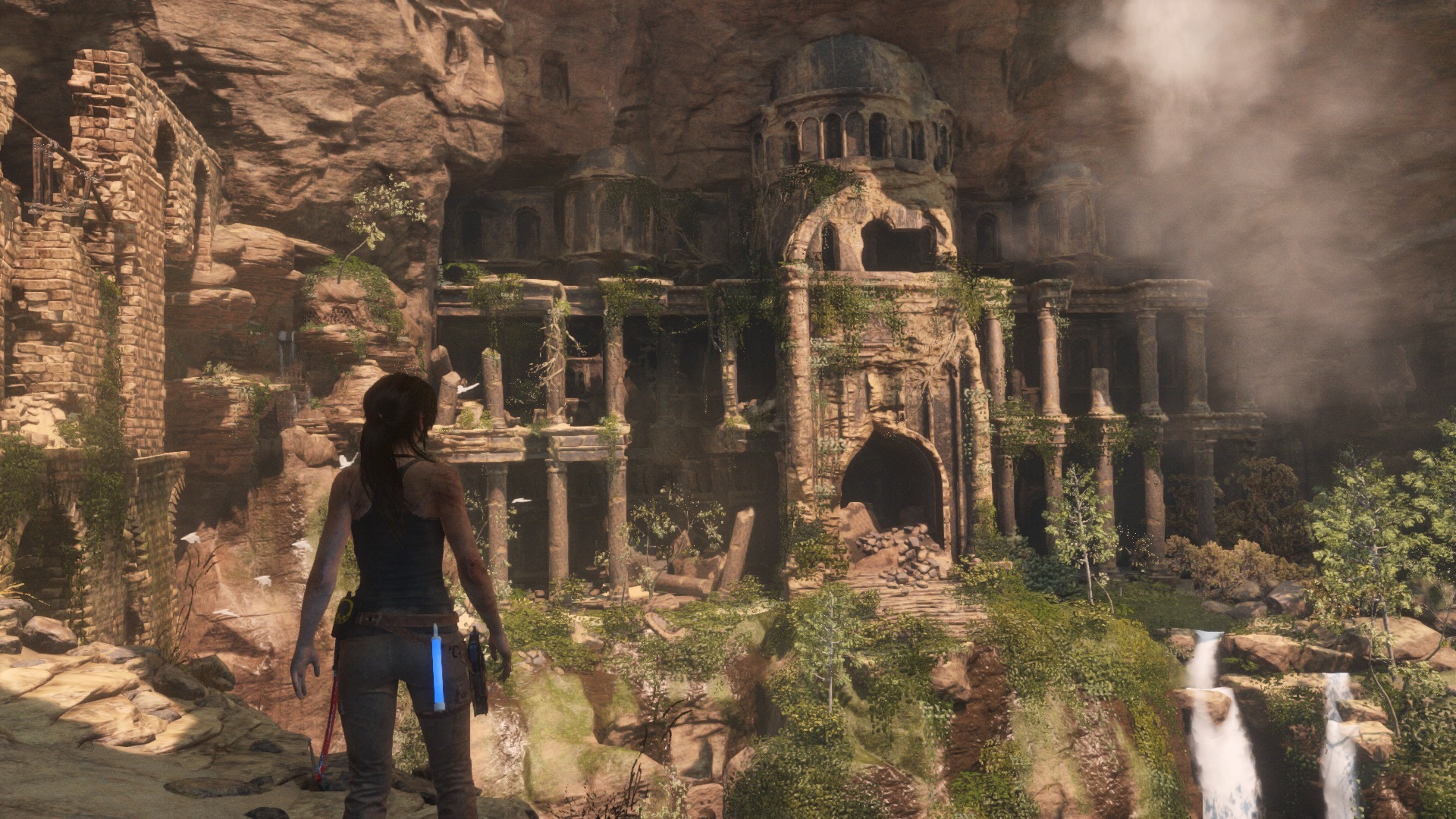
It starts well enough, with an epic climb through a brilliantly animated snowstorm where you feel Lara’s cold viscerally. And the early adventuring is just that: adventuring. Finding abandoned tombs, solving fun puzzles, and seeing some amazing sights.
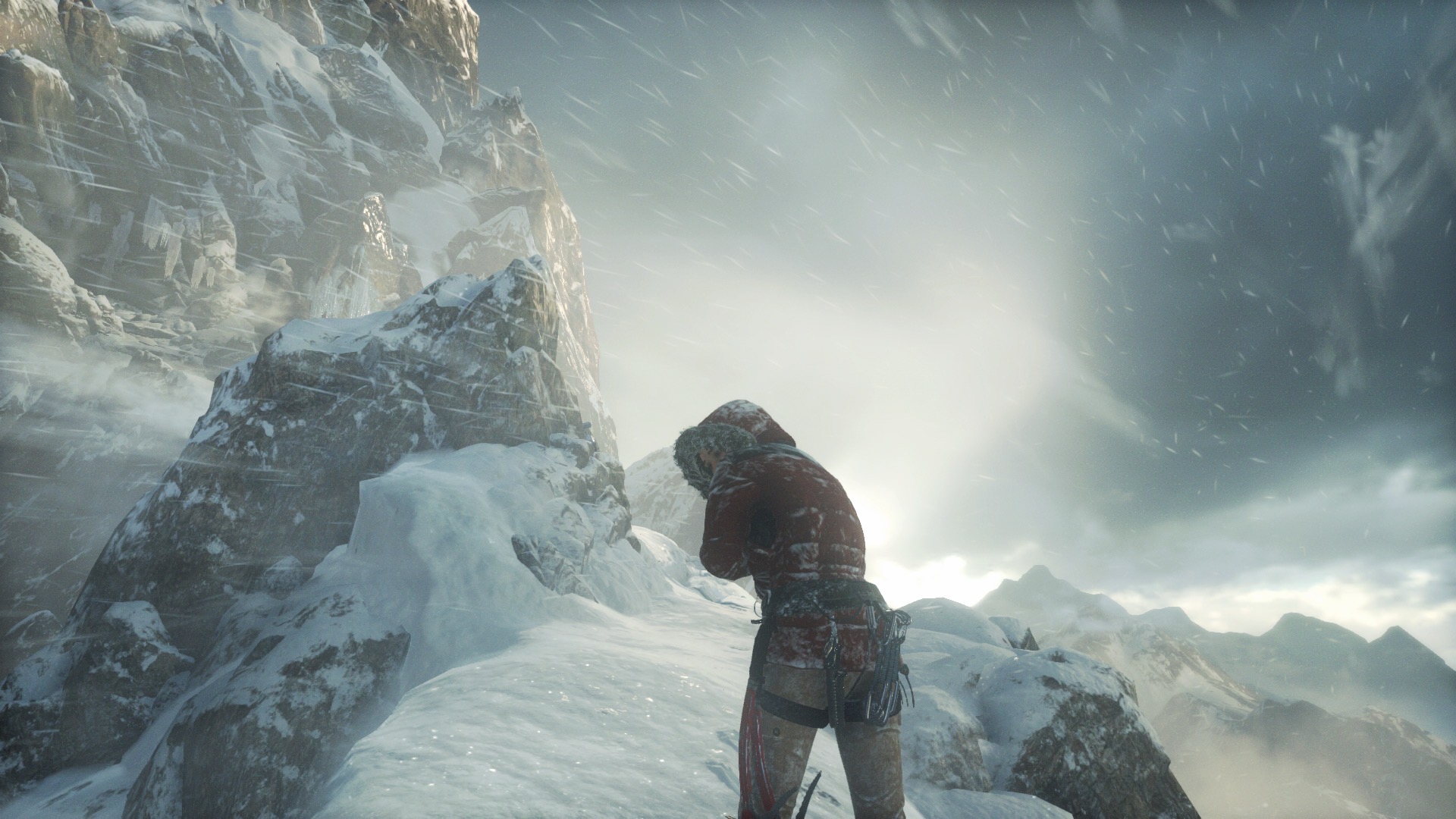
Slowly but surely the game starts to introduce enemies into the picture. And before long that becomes the main thrust of the game: shoot (or hack to pieces with your ice pick) a gazillion bad guys. It becomes pretty tiresome, not helped by the fact that the death animation when you die (which was often for me!) is particularly gruesome. The enemies attack your fallen body with enthusiastic gusto, which is very unpleasant to watch and doesn’t seem to serve any purpose other than shock-value.
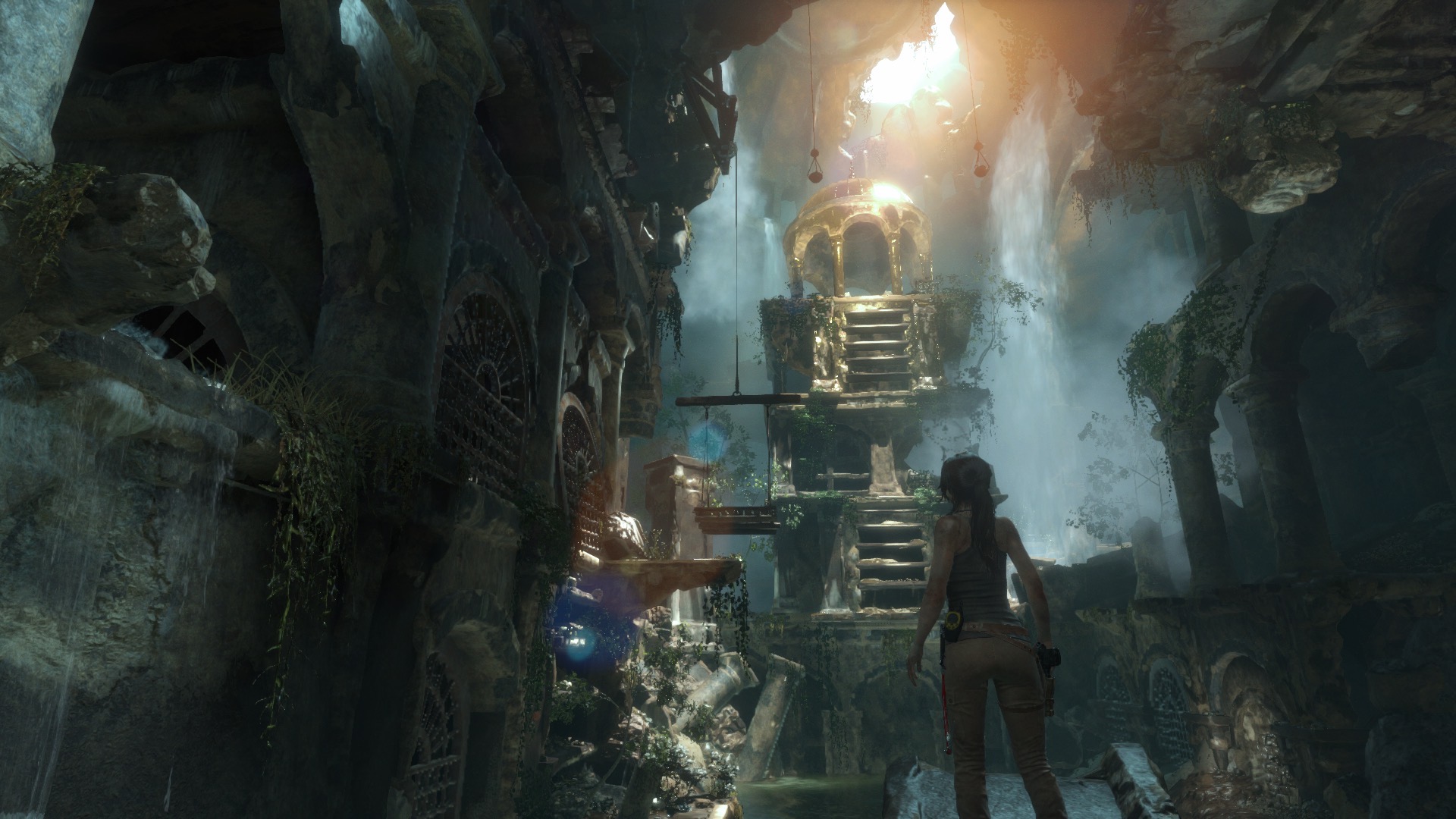
I eventually abandoned the game altogether when a battle scene became basically Call of Duty, with Lara and some allies defending a village against wave after wave of gun-toting foes backed up by a military helicopter. That fight exhausted me and seemed so far removed from what I imagine the Tomb Raider series to be about. Lara never questions her killing sprees, nor does the game try to justify them. Which is odd given the semi-serious tone the game takes.
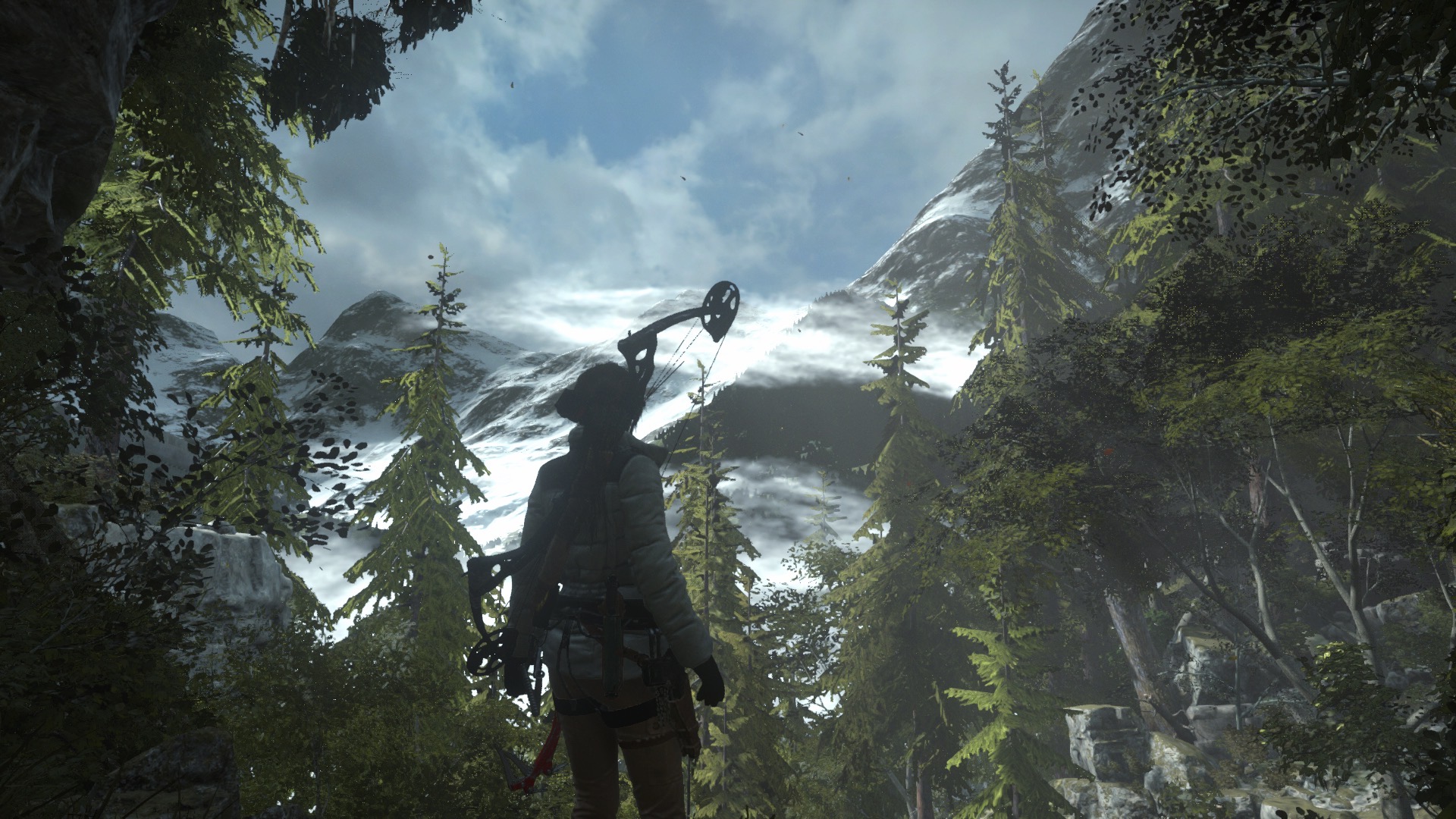
I came back to TR after finishing Uncharted, to try and finish it off (looking at the screenshots it was almost 2 years after my first failed attempt!). This time I knew what to expect, and having just played UC made the whole shooter side of the game seem more normal. The gun battles were still annoyingly frequent, but I upgraded enough skills to be able to sneak through most areas, and silently dispatch enemies if not. Unlocking new abilities also made the environments more fun to traverse, swinging huge distances and launching into mid-air to attach to an icy wall with a lunging pick.
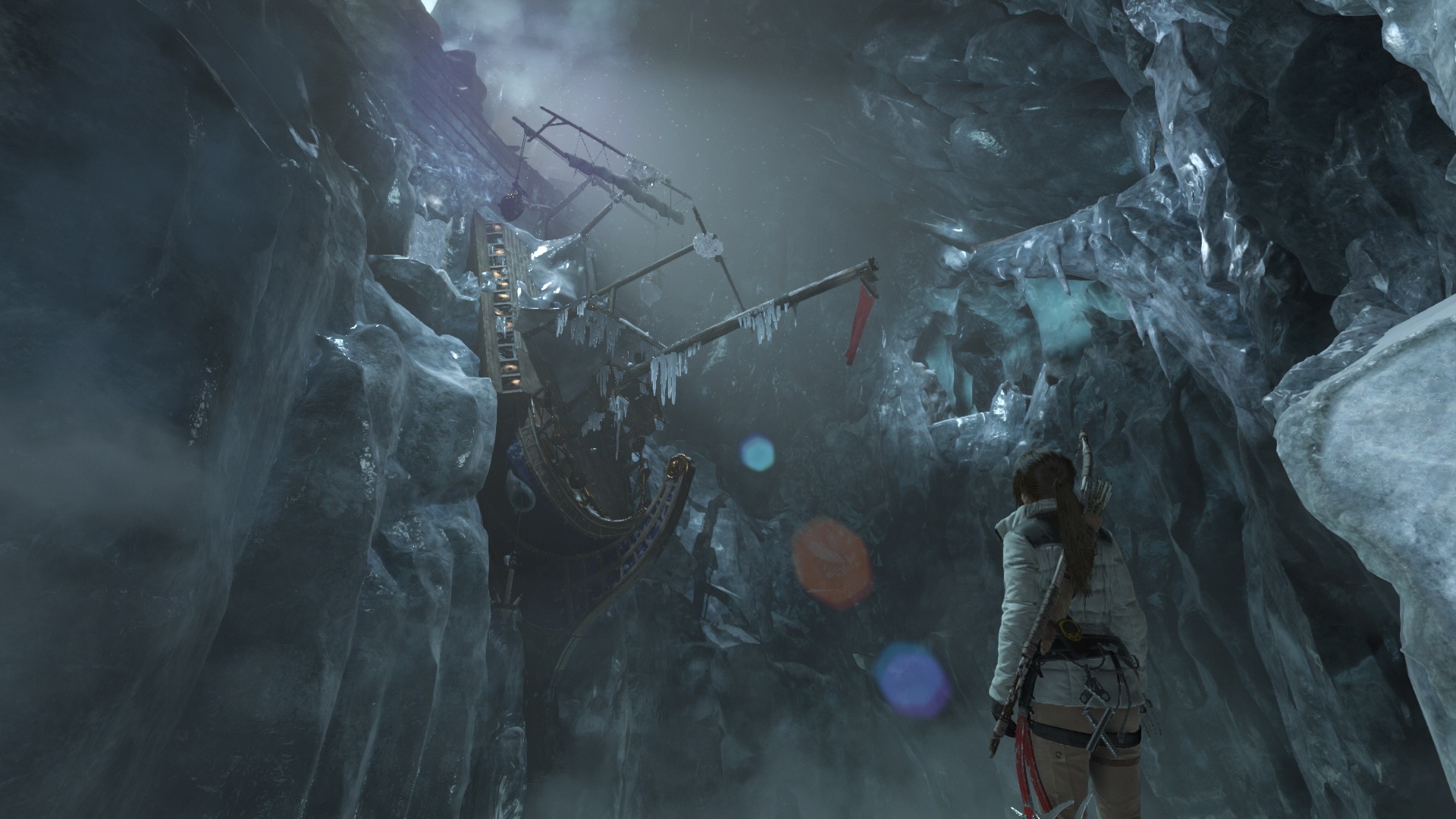
TR is far more serious than UC but if you can settle into the rhythm of it there’s fun to be had. There are some bad and obvious artificial time-extenders (traversing from one side of the map and back, or rescuing a companion that disappeared and returned for no logical reason), and the story is nonsensical, but it’s slightly less on rails and the environments can be lovely to explore. I don’t think I’d play the next one though (Shadow of the Tomb Raider), which from reviews sounds like it’s even more violent and ‘fighty’.
It feels like TR needs yet another reboot, to rediscover the joy of exploration and movement instead of relying on the crutch of combat.
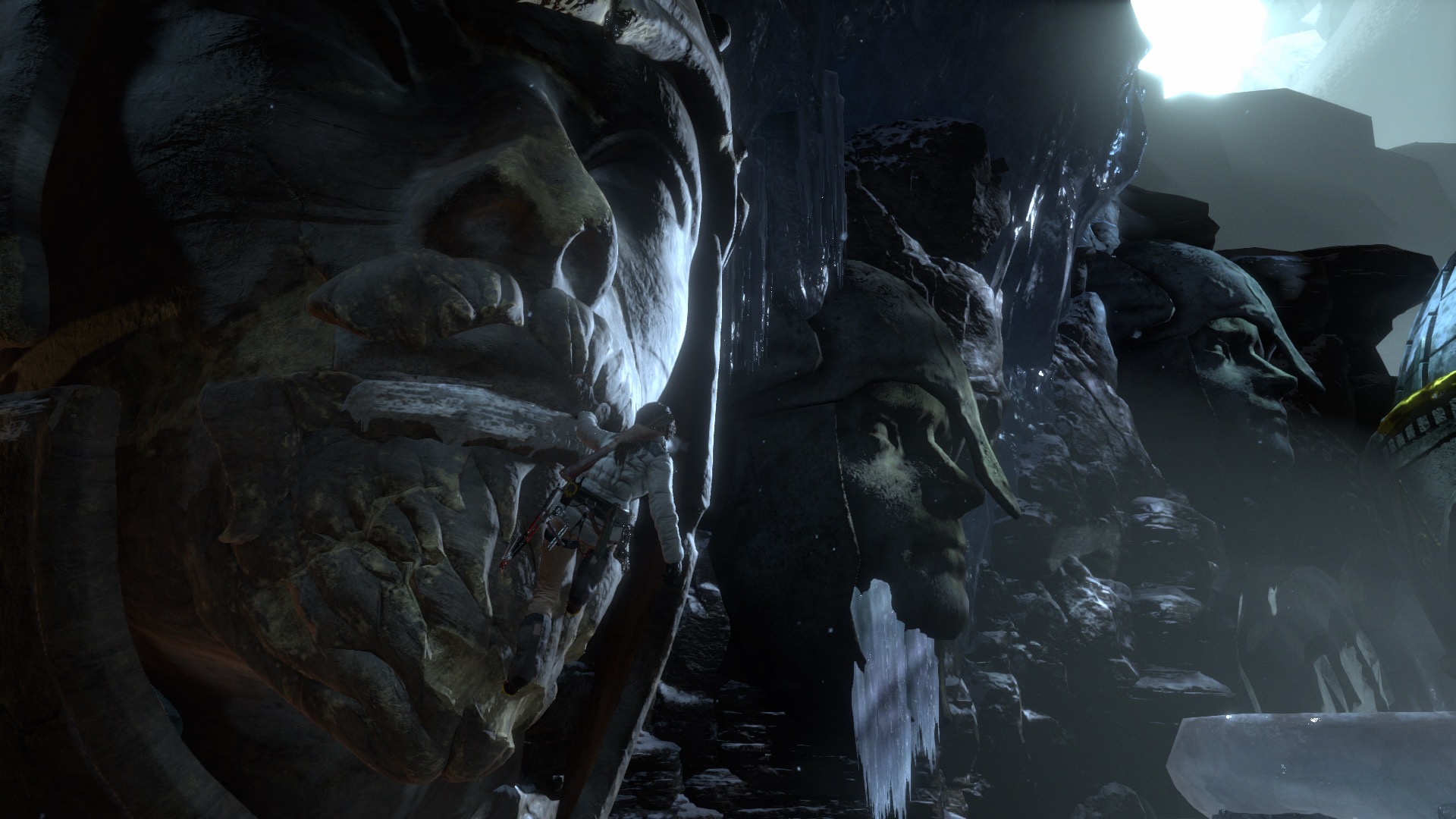
The Last of Us
Talking about violence.
Very early on The Last of Us introduces you to the mechanics of killing (the main skill in the game), as the game teaches you how to sneak up on and throttle some ‘evil’ humans. The strangle and choke animation is long and drawn out, and made me feel bad about the whole event. Maybe that was the idea? But then the game proceeds to demand you kill pretty much everything that moves, human, zombie, or otherwise. With many, many drawn out throttling sequences if you play stealthily as I tried to.
I found myself despising playing this game for quite a while. I’m not a fan of survival horror, and would never normally play this kind of game. But TLoU has had so many stellar reviews, particularly based on the story. So I knuckled down and tried it.
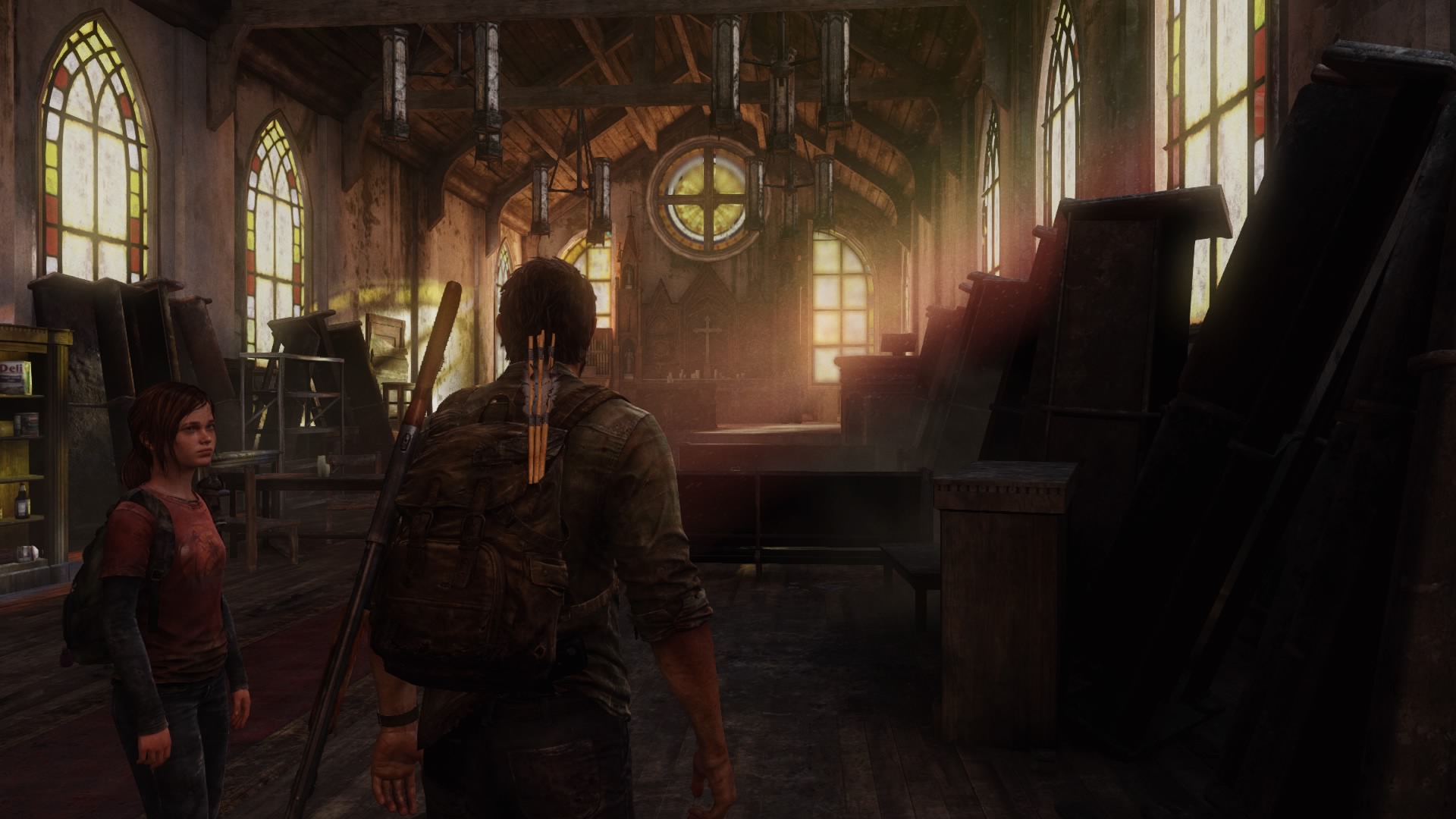
Like TR, I stopped playing multiple times and for long stretches, largely due to being overwhelmed by the horror and graphic deaths I kept experiencing. Watching your character have his jaw ripped from his face, or his face ripped off, or any number of other horrendous deaths is not terribly entertaining. And I was genuinely scared of the zombies once they got close - I abandoned the controller many times with fear and loathing. The sounds the various zombie species make is super unsettling too - very well designed to make you uncomfortable pretty much constantly.
I found the game very hard, and was dying often to begin with, despite setting it to easy mode and having all the possible helpers on. I’m not sure why it was so difficult, some kind of mental block to the setting and viciousness. Lead character Joel is a very hardened soul, with only slivers of compassion occasionally peeking through. So too Ellie, his young ward, who is very old for her age, due to the brutality of the world in which they live. I found it hard to imagine wanting to survive in that world when it was so relentlessly depressing and without hope, which also made it hard to put myself in Joel’s shoes.
I also couldn’t help imagining the plight of the zombies, contemplating what it must be like to be a human consciousness trapped inside those mutated shells, and hating it. I was pleased that the game asked that question (are there people inside these creatures), albeit briefly and quickly dismissed. I’m not sure what canon zombie lore says about this, but just the thought that it might be possible was disturbing enough.
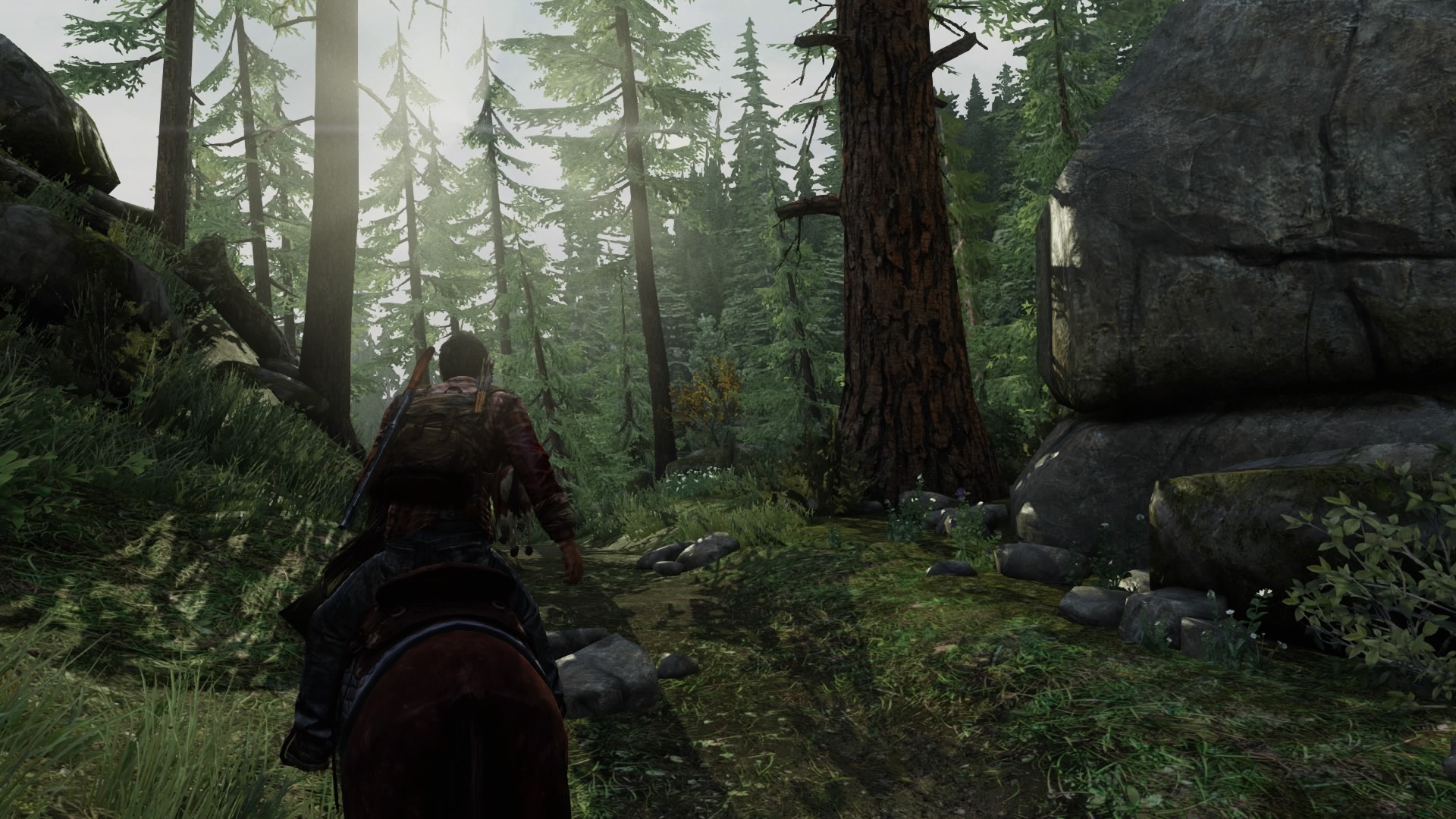
Along with the zombie hordes, you also have to deal with a lot of of unpleasant humanity. Some of the human villains verge on the absurd (let’s make them cannibals and paedophiles and religious nutters) and lacking believable motivation, which makes their deaths seem excusable at the cost of plausibility. Even then it felt slightly wrong to be so trigger happy with the few remaining humans - surely they weren’t all beyond redemption.
All of which makes it sound like this is a bad game - but it’s not. As everyone has said, the story is very strong and the atmosphere and world are brilliant. It’s not exactly open world, but the zones are so thoroughly imagined and varied that it almost feels like it is. I was constantly surprised at how much small detail was put into every room, sewer, and building. The character animation - particularly facial - is beautiful too. You feel like you know precisely what Joel and Ellie are going through just from their (often exhausted) expressions.
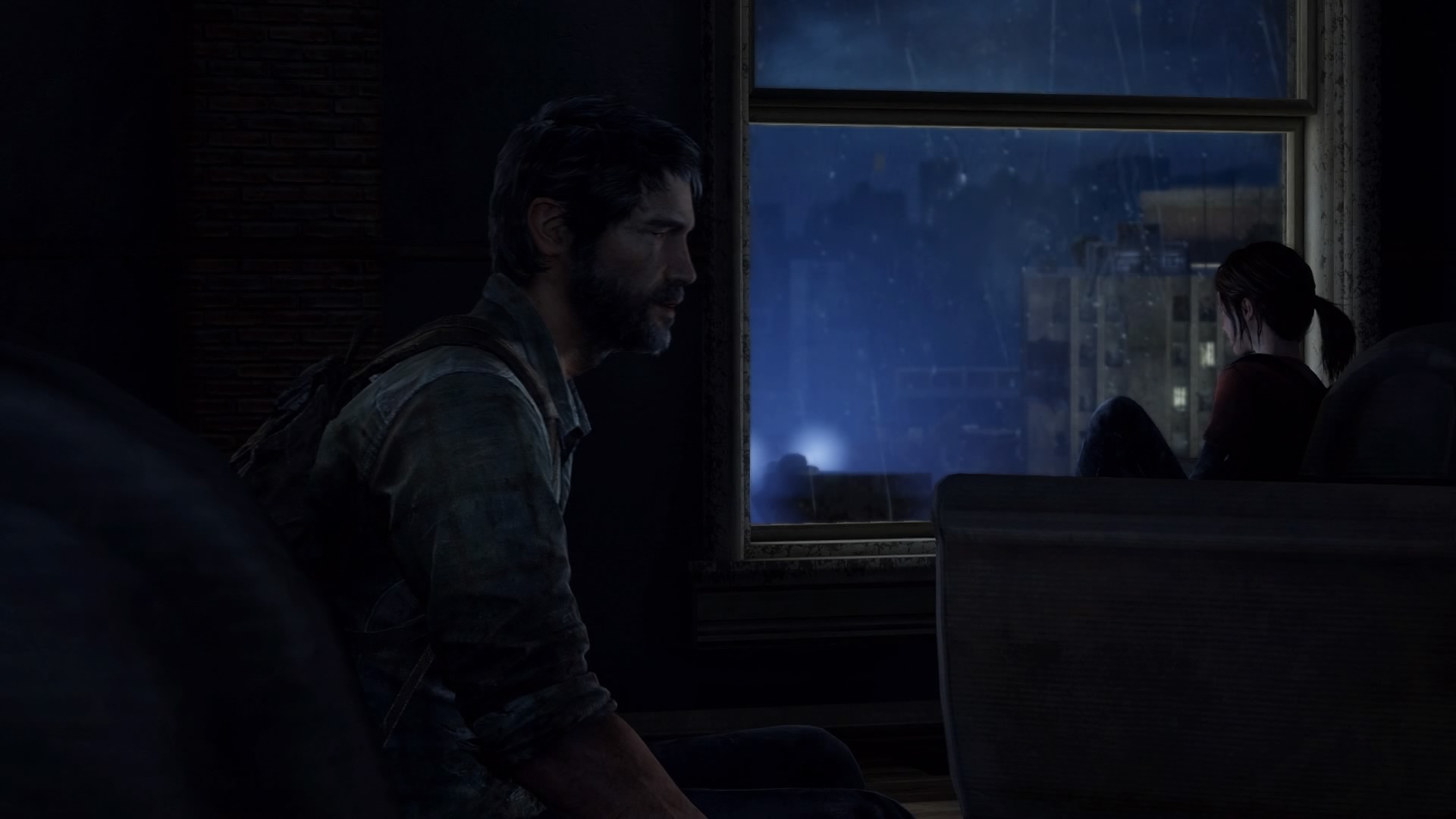
The tone is deadly, deathly serious, with very little room for relief. Which makes the rare glimpses of hope or beauty all the more powerful and compelling. One moment in particular toward the conclusion is one of the great reveals in gaming - I won’t spoil it here other than to say that it is almost prophetic in the way it echoes the cautious emergence of wildlife during the Covid-19 event.
And the story is emotionally effective and often surprises. There are clunks and a few fake delays (I’m obviously not a fan of time wasters, which is funny given Warcraft is basically a series of time wasters!) but the slow development of the bond between Joel and Ellie is extremely well told. It’s basically a movie, in that you don’t get any choice in what’s happening, but there’s a reason movies are still a great storytelling medium.
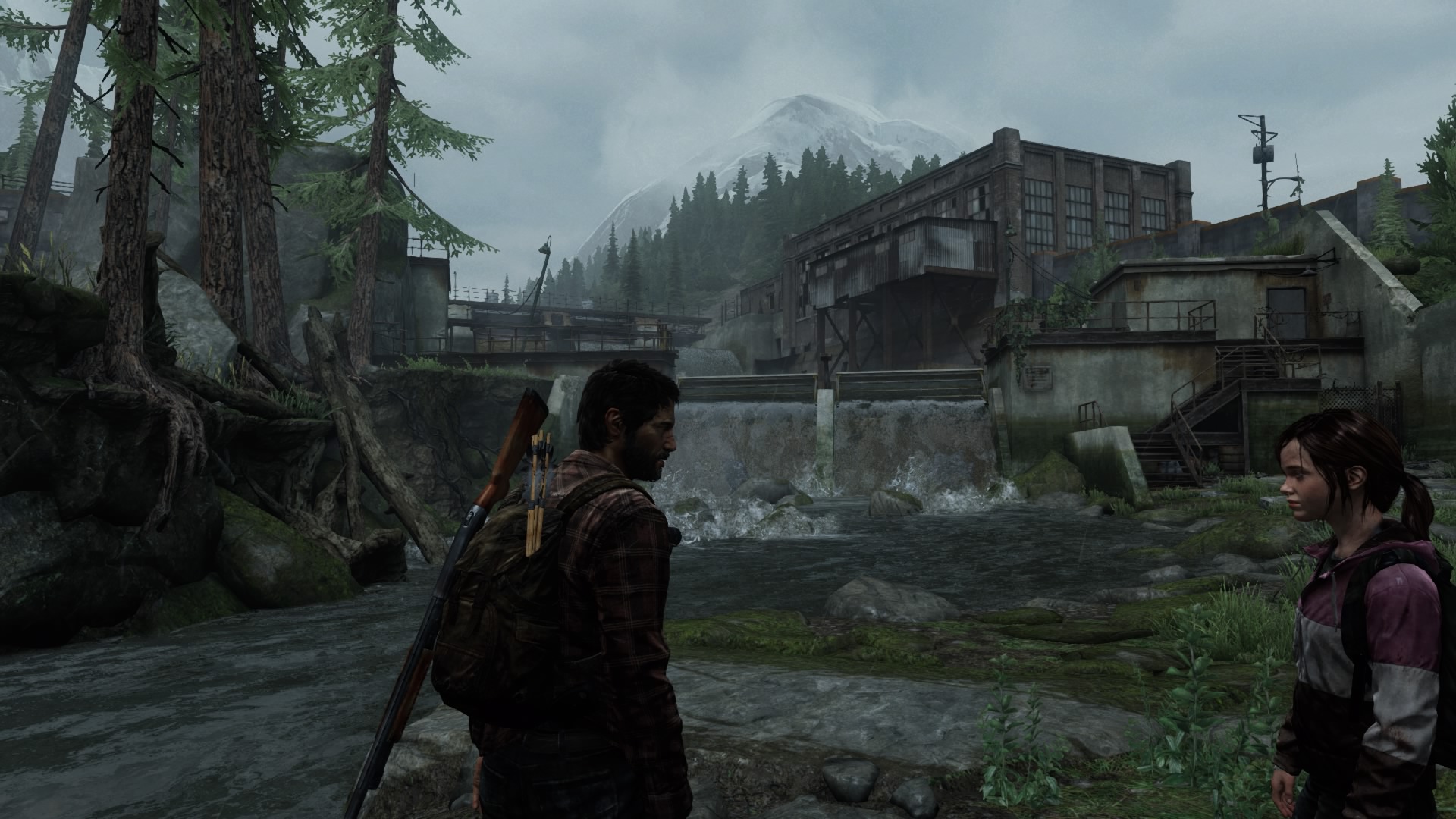
The conclusion of this game is pretty much perfect, and even though there is more story that could be told I’m pretty sure I’ll avoid the sequel. As with TR, reports that the new game ups the ante on the violence and relentless killing makes me think it’s not for me. I’m begrudgingly glad I played this original though.
During the play-throughs I found the emerging theme of these three games for me was how they depicted violence. Each one upped-the-ante, from the arcadey Uncharted, to the serious-face but fantastical Tomb Raider, to the ultra-violent ultra-realistic The Last of Us.
I found it harder and harder to keep up with the sheer volume of murder required. I think this was particularly true of UC and TR, where the heroes don’t ever stop and wonder if maybe 1000 deaths is too high a price for a piece of old treasure. In TLoU it’s slightly more acceptable - you’re killing monstrosities with no redeeming features - but because the game is so glum and real it becomes a psychological slog to keep your head above the claustrophobic horror. And you still have to kill plenty of humans, who are just as set on surviving as you are.
TLoU is perhaps showing the player just how horrible it is, rather than just shoving it into games ostensibly about adventure and discovery. Which doesn’t make it any more pleasant to play, but it does at least provide some context.
The debate about the place of violence in games will likely never end, and it was an interesting to experience different implementations of it in a sequence like this. Despite actively disliking playing TLoU for the first half, it was probably the most honest about the violence. The other two not so much, with TR in particular being guilty of misjudging the line between serious and silly.
I’m tempted to try Destiny 2 again next - getting back to the mindless and repetitive style of grind-gaming in a gorgeous sci-fi universe. Albeit with heavily fetished guns. There’s no escaping it!